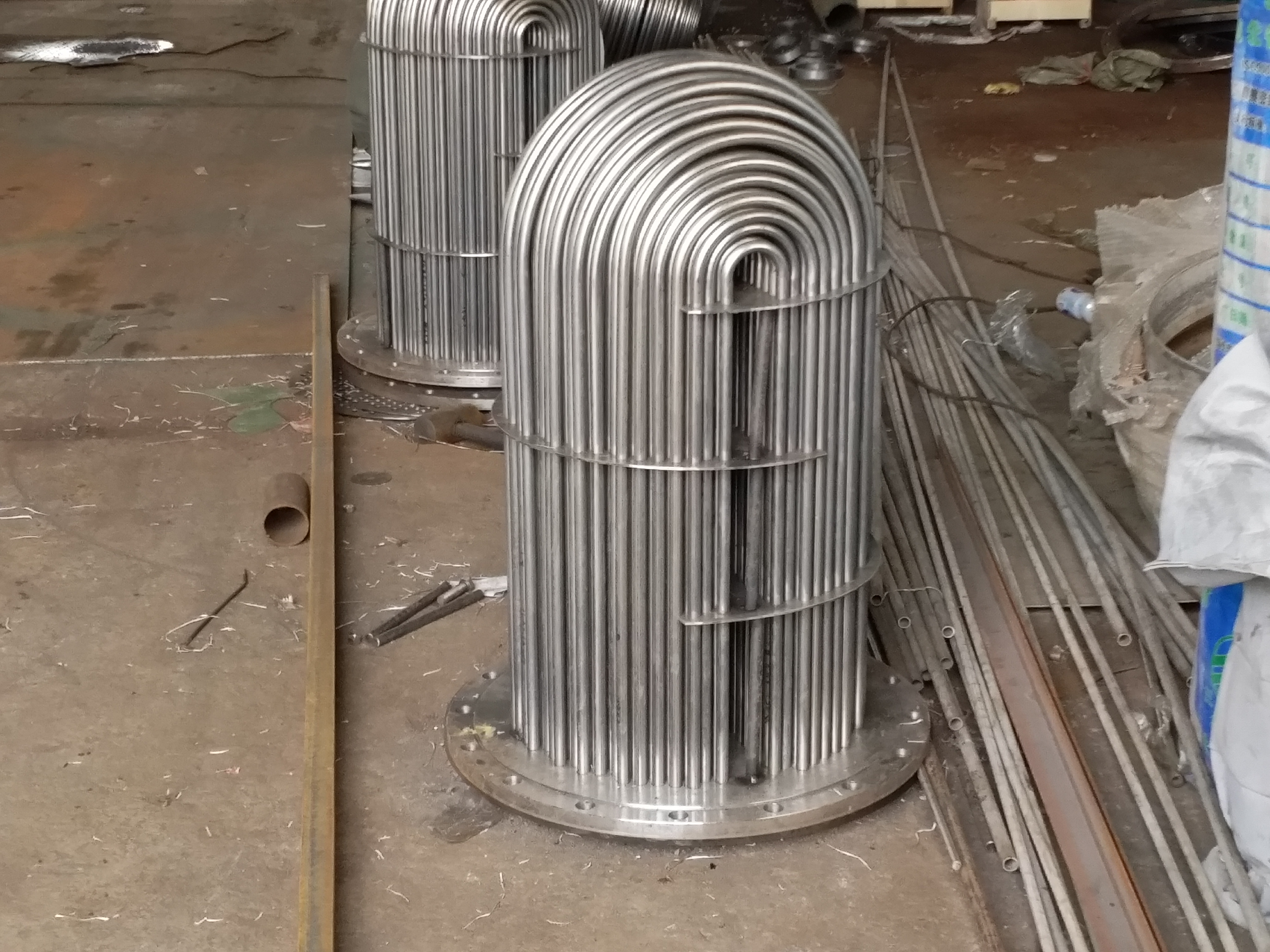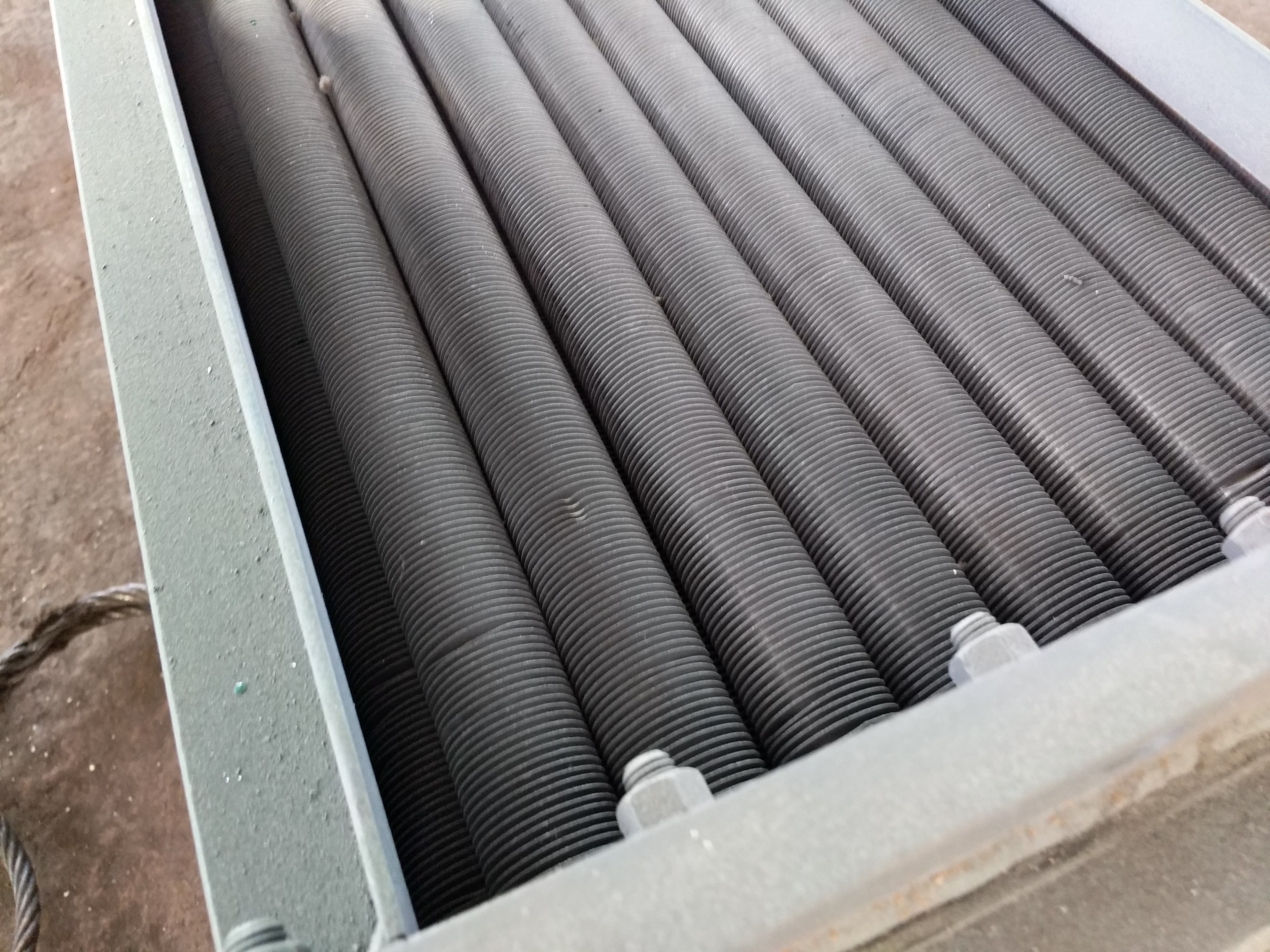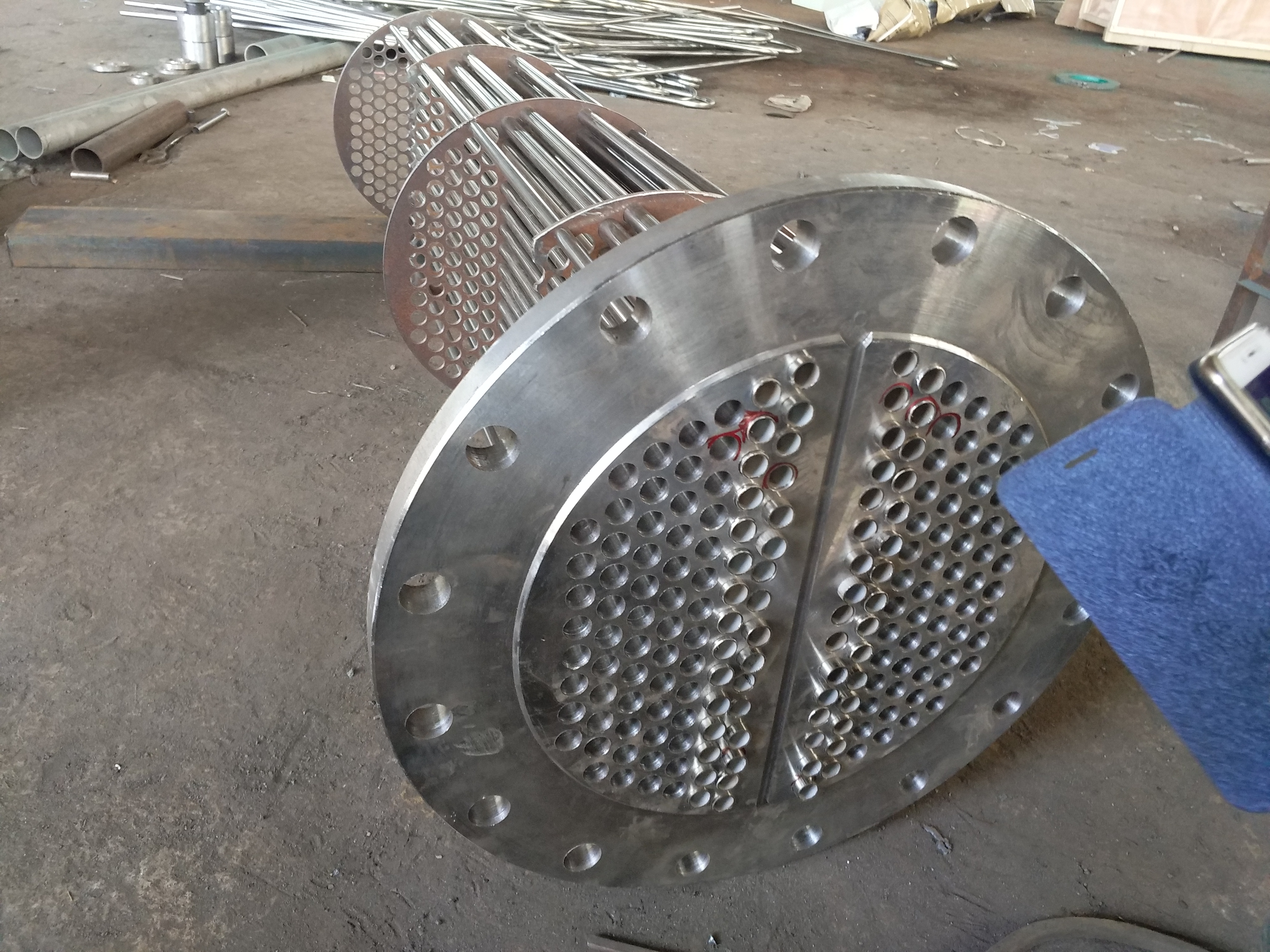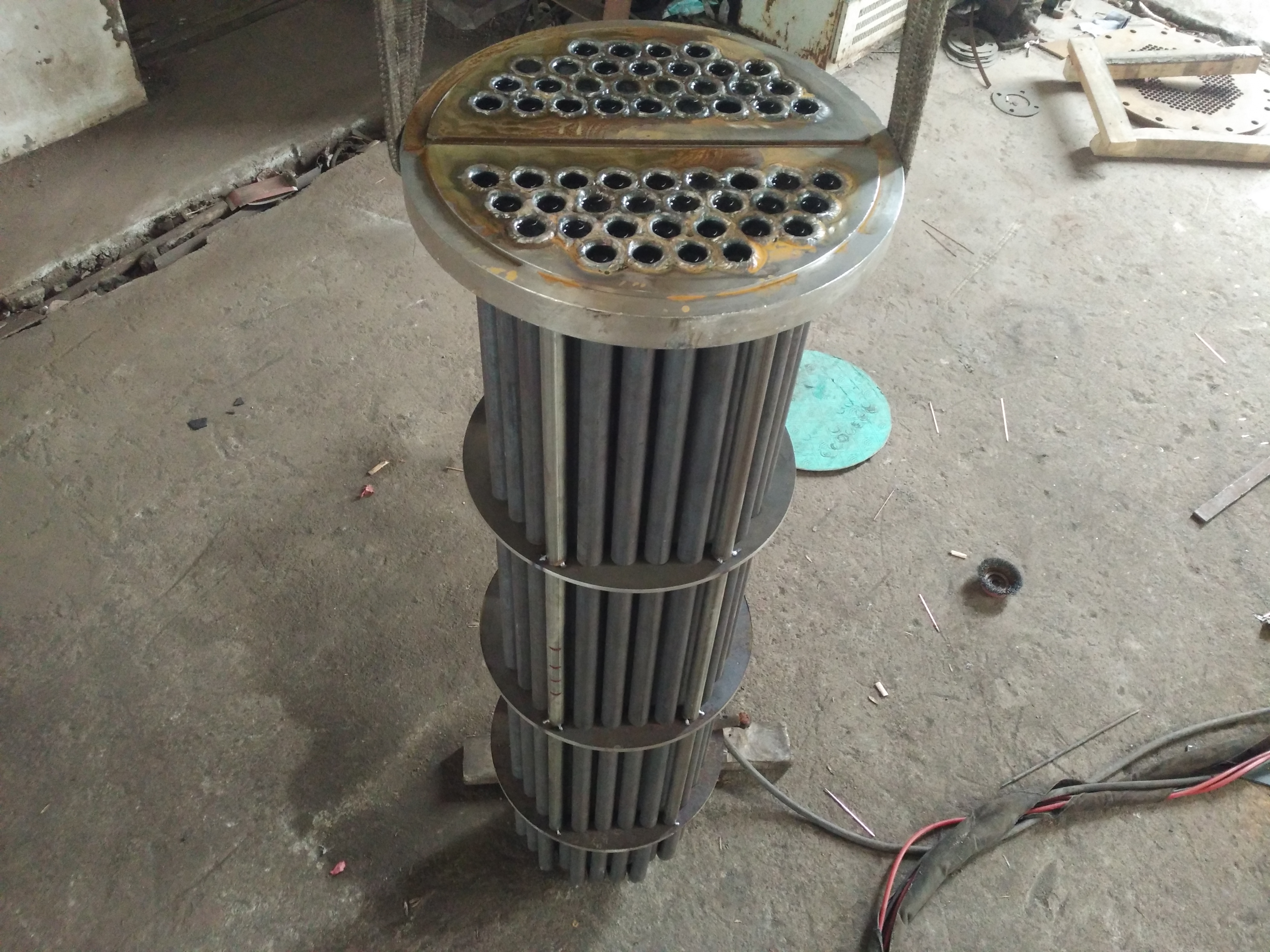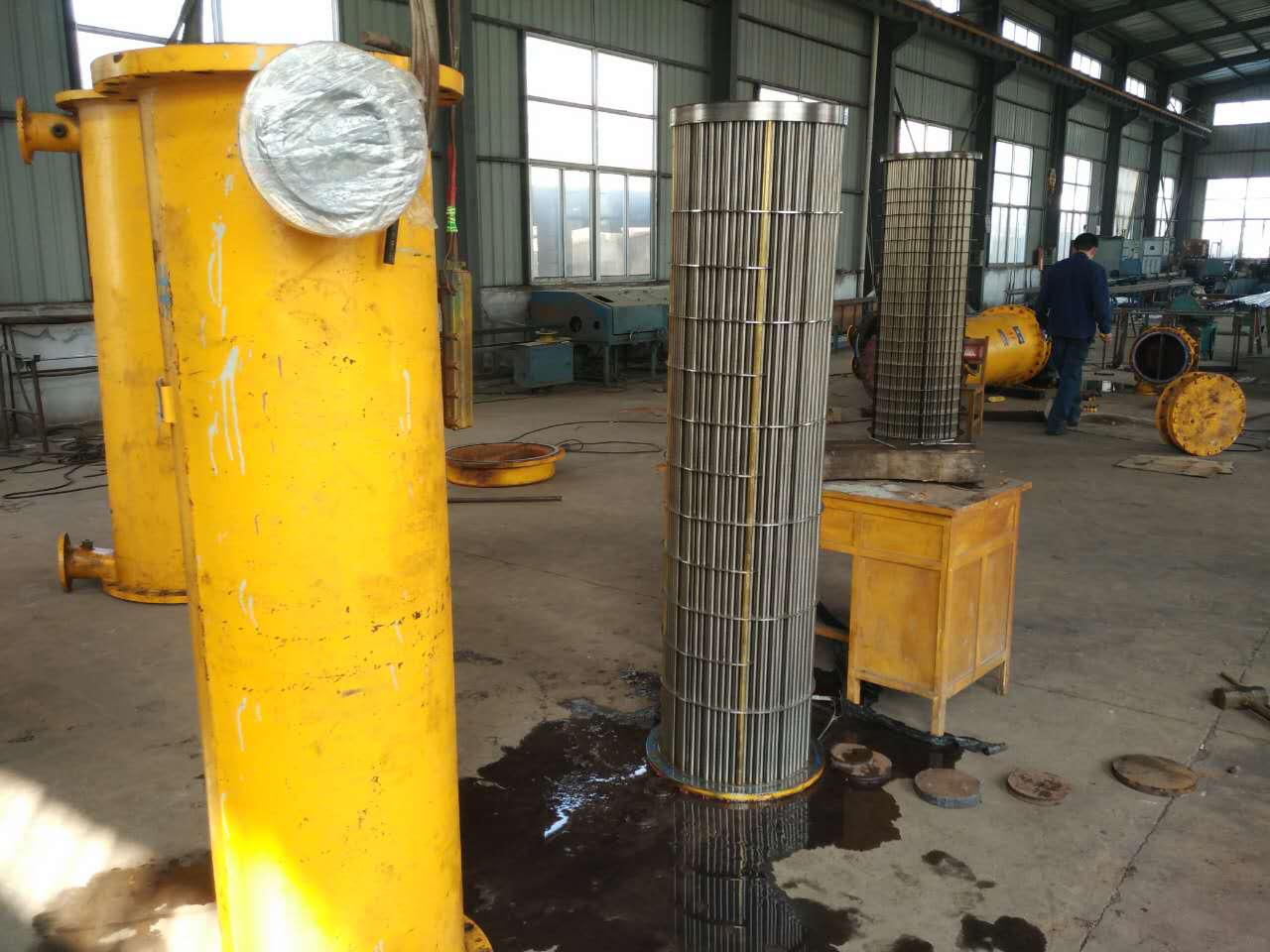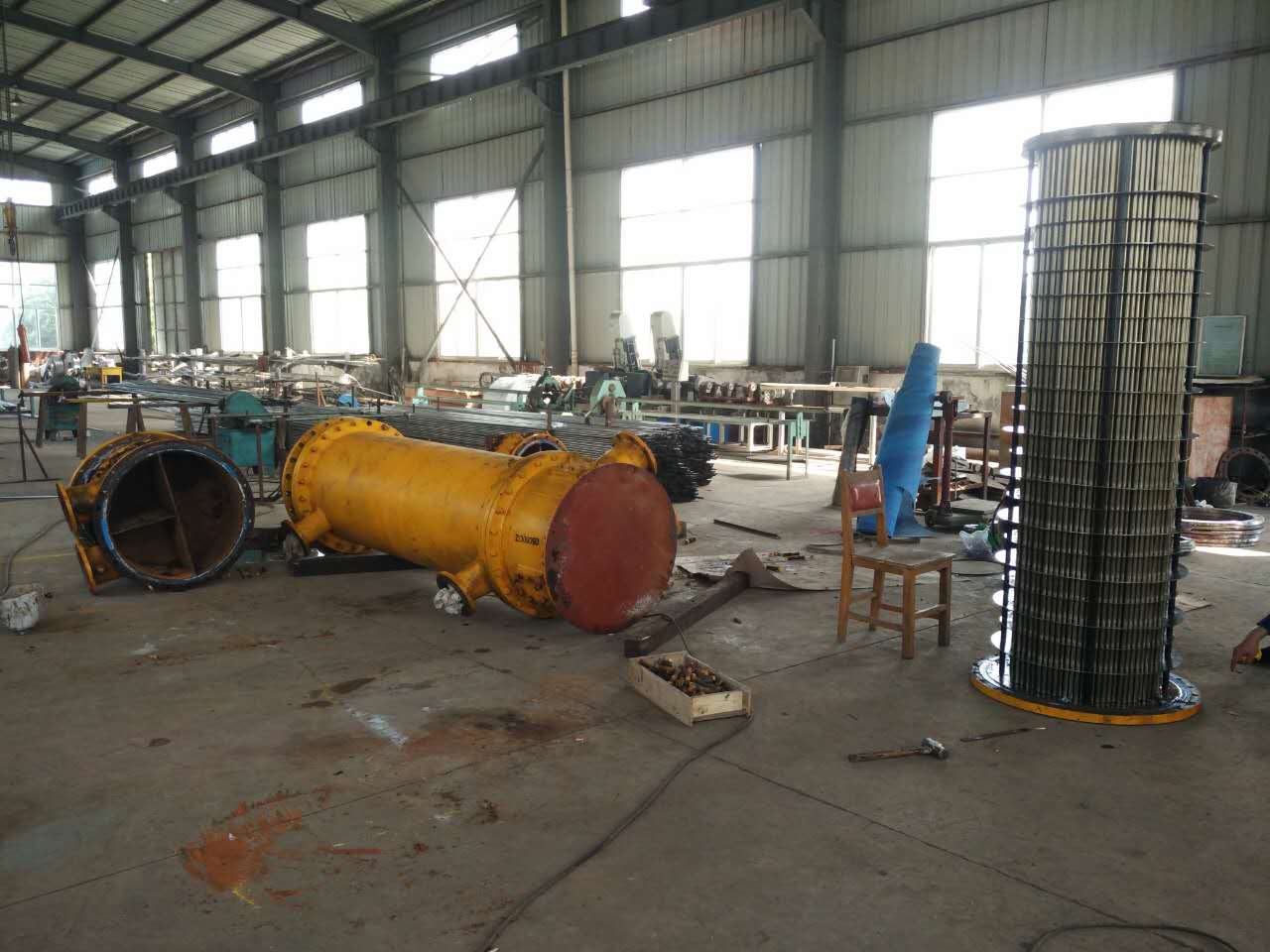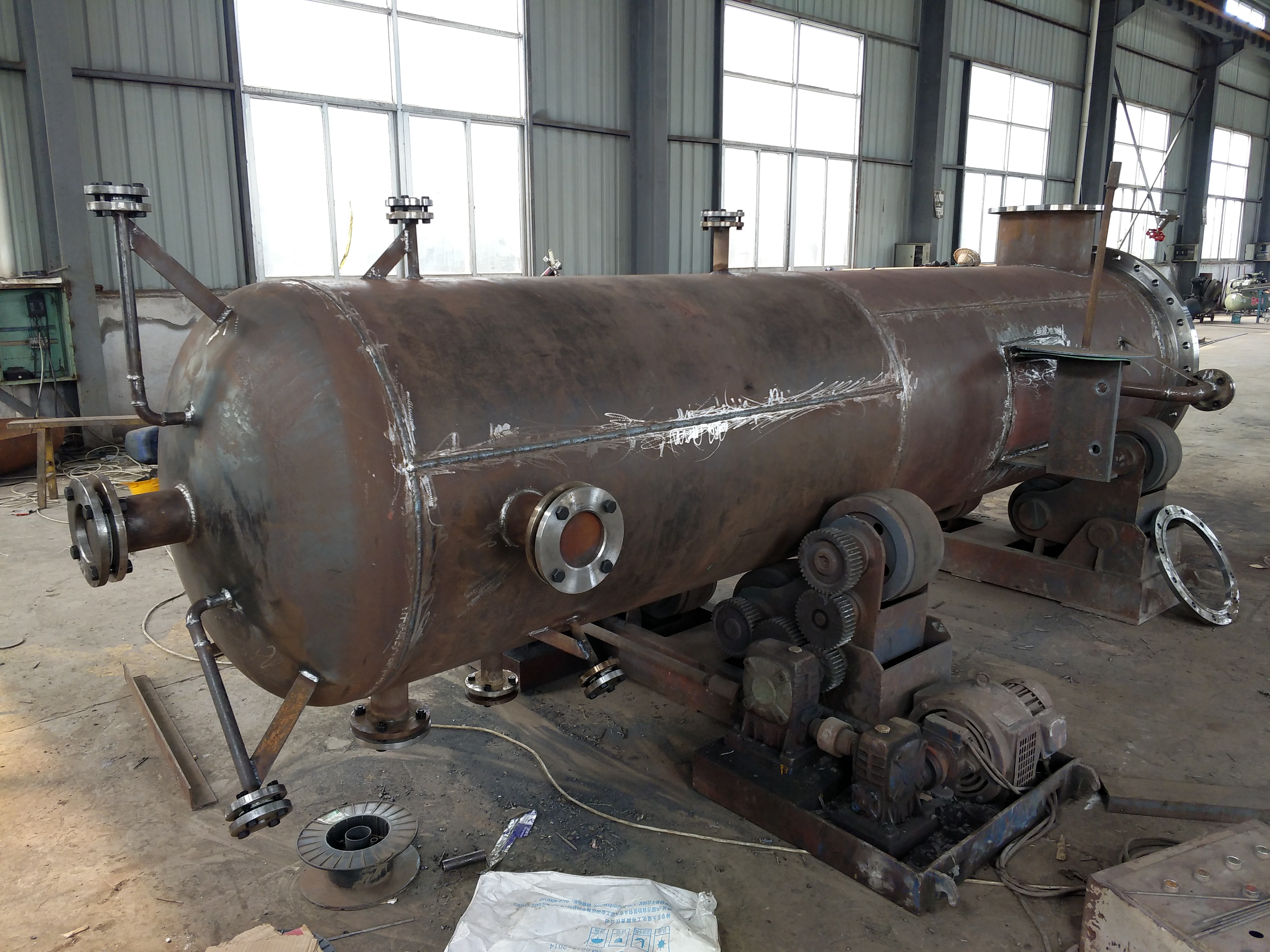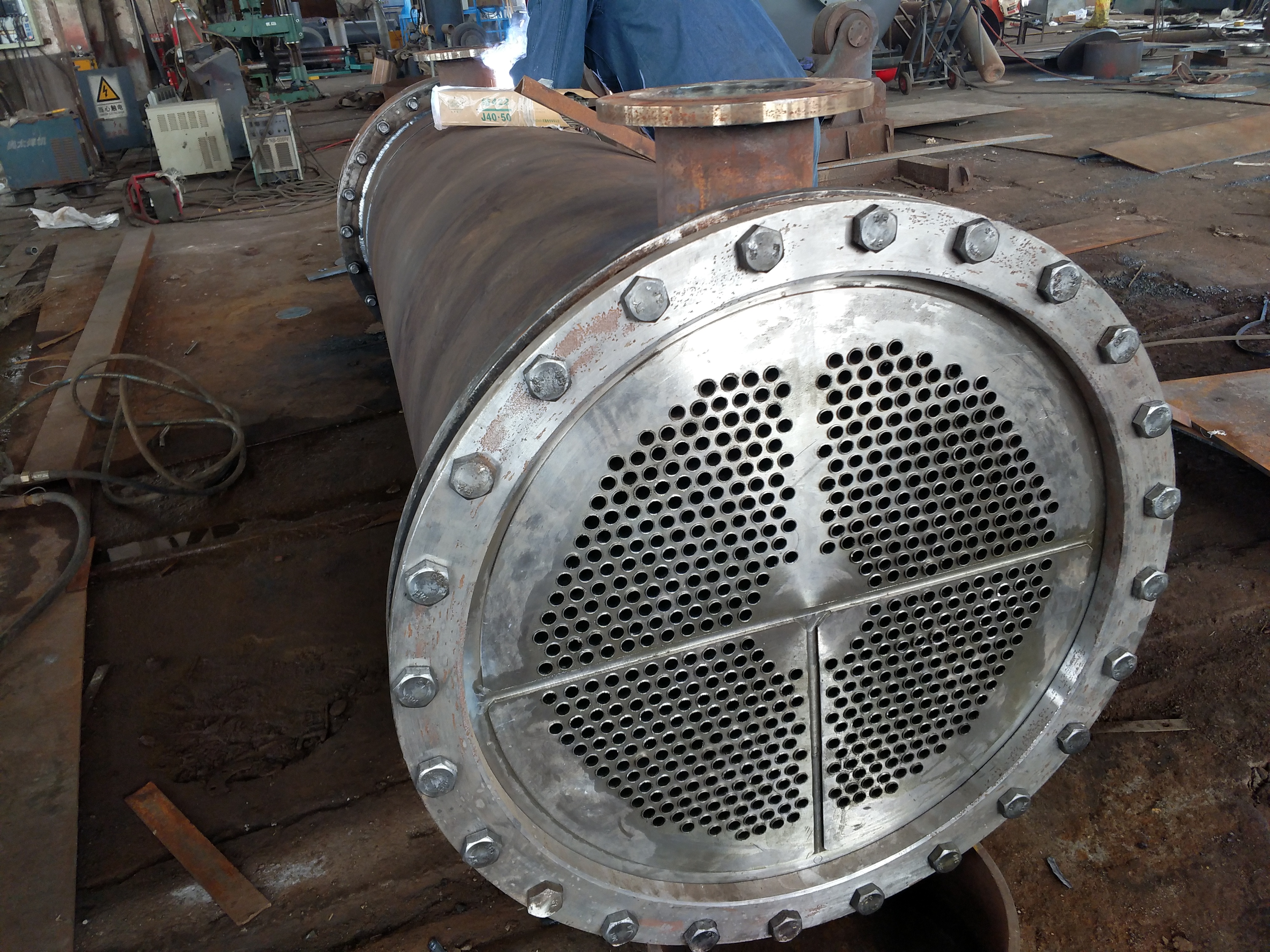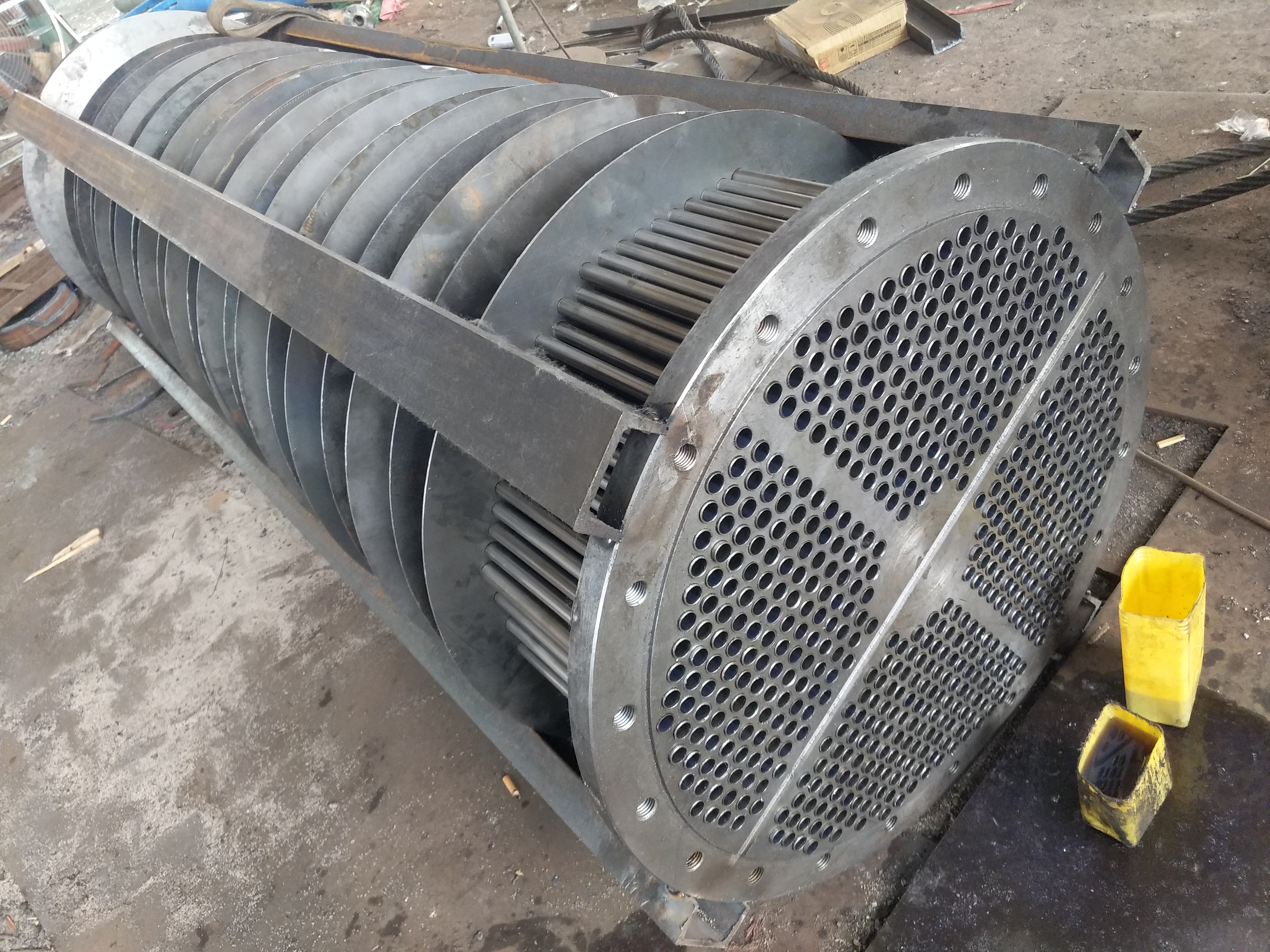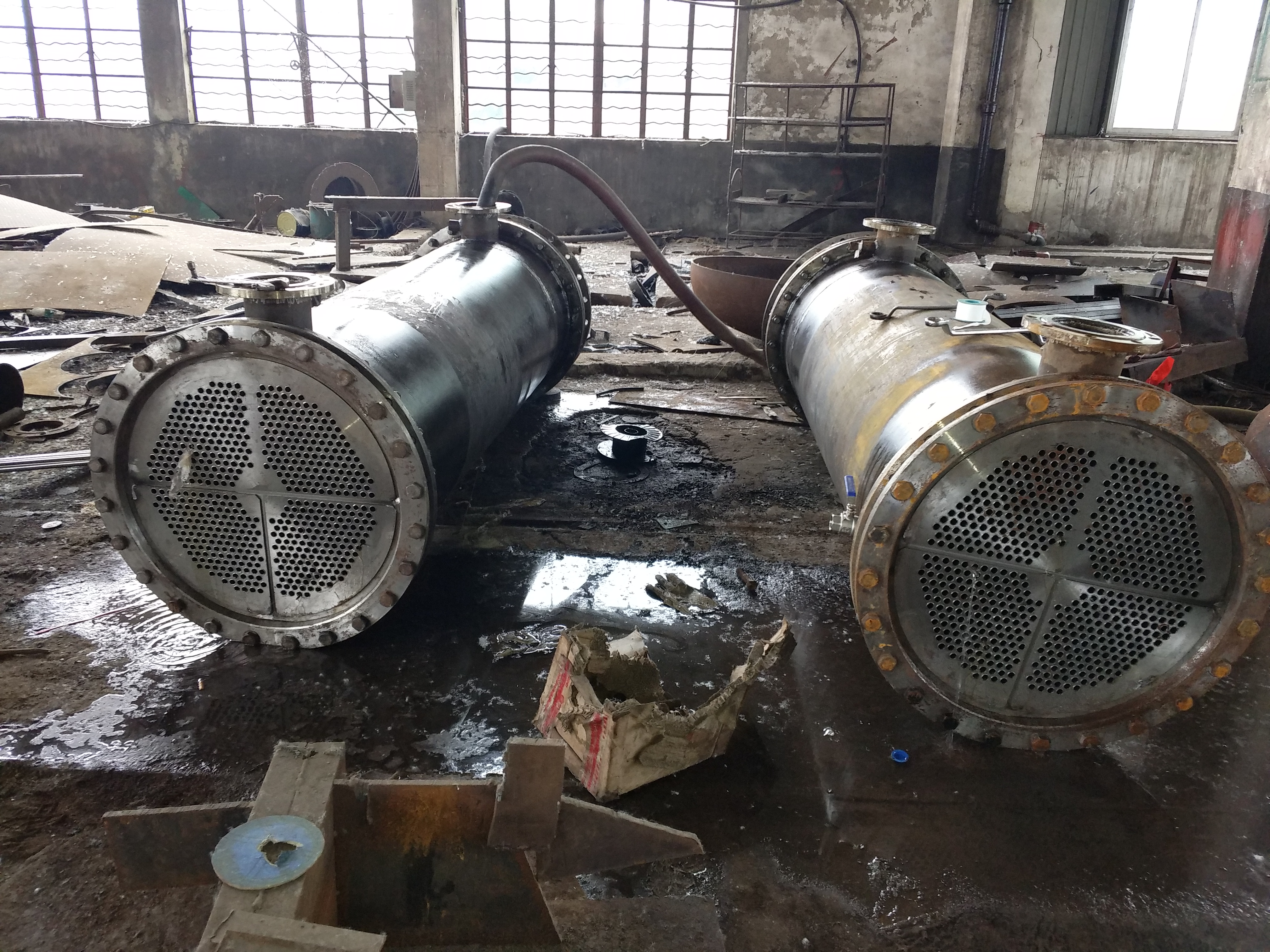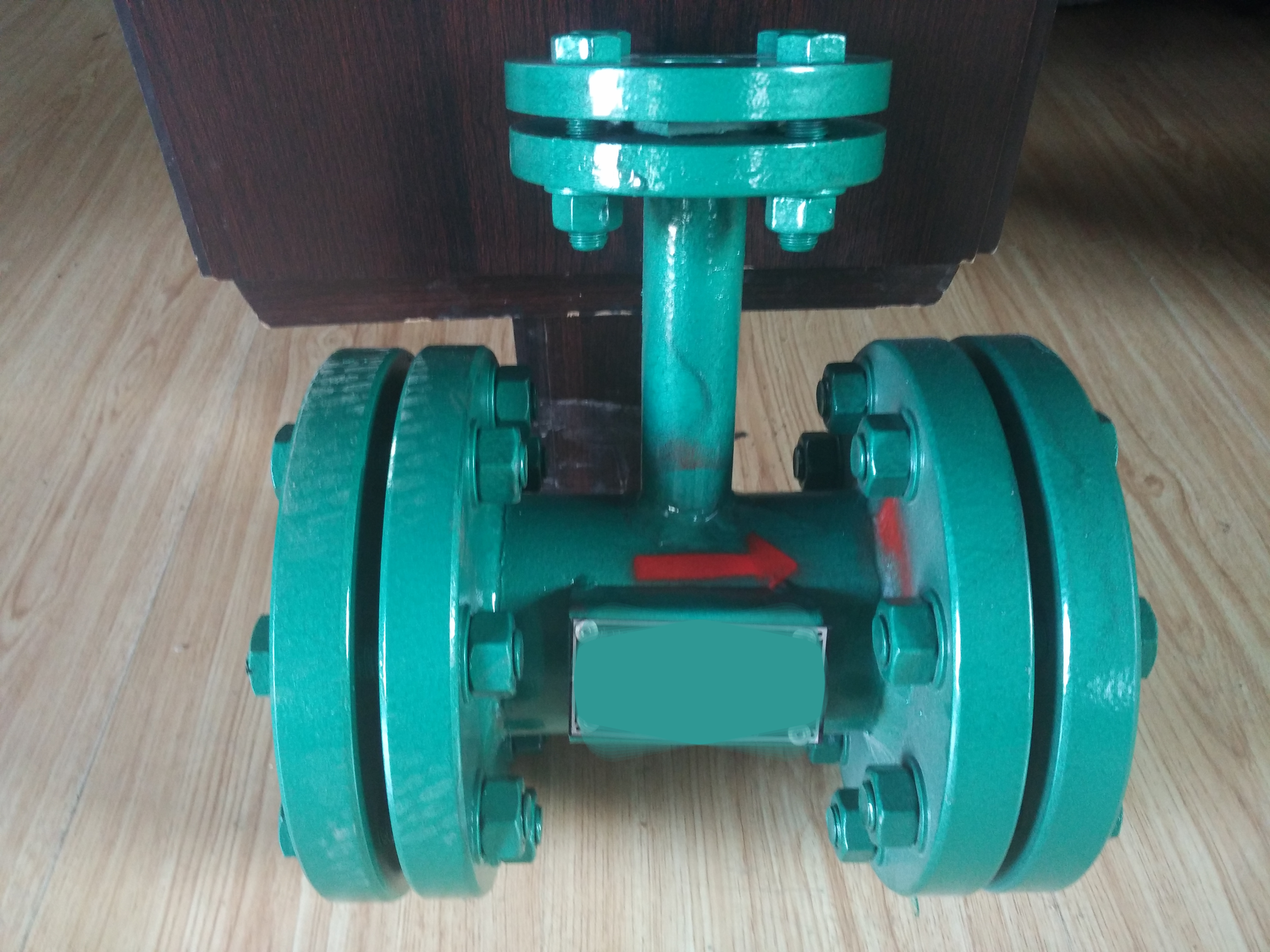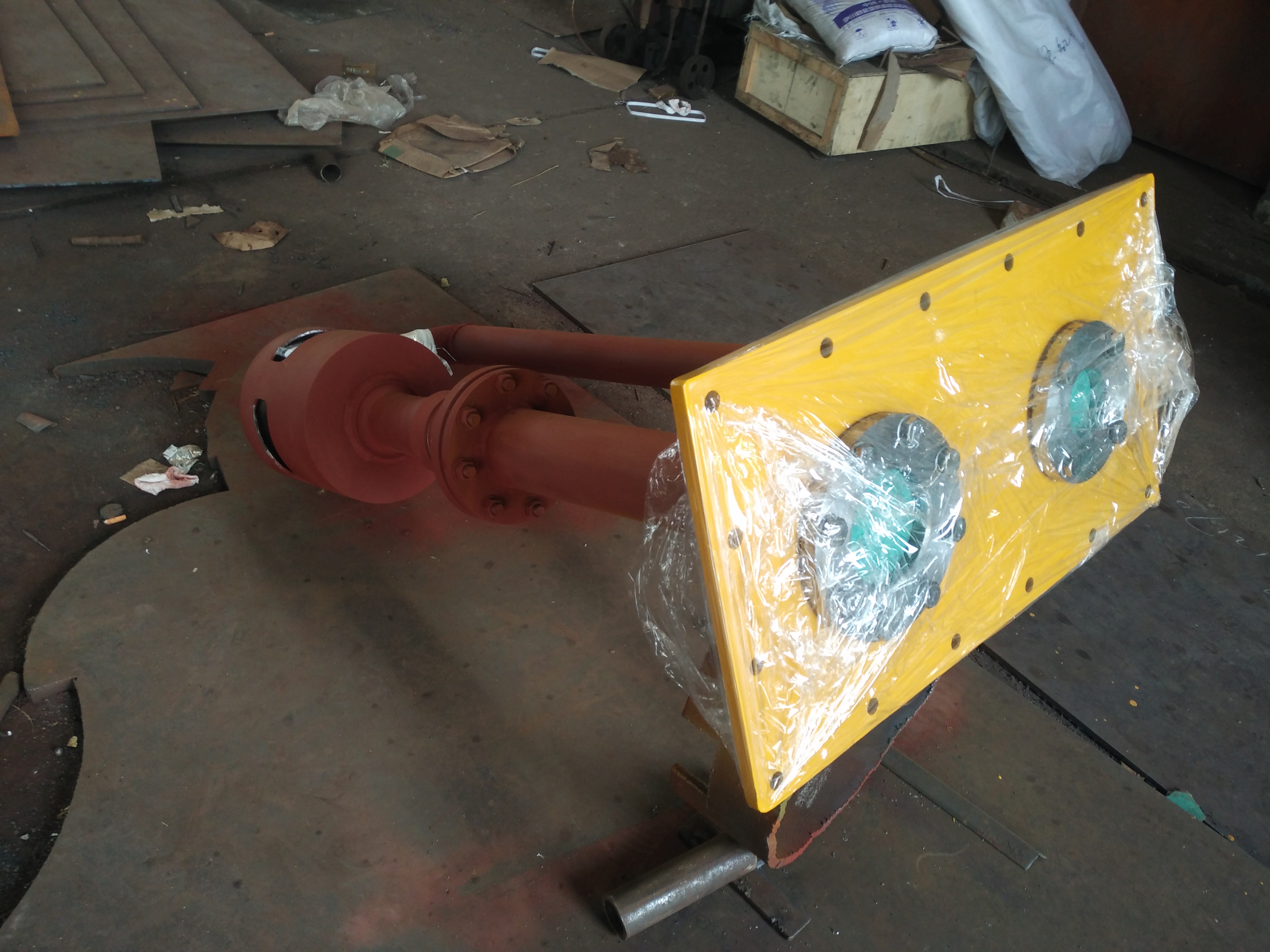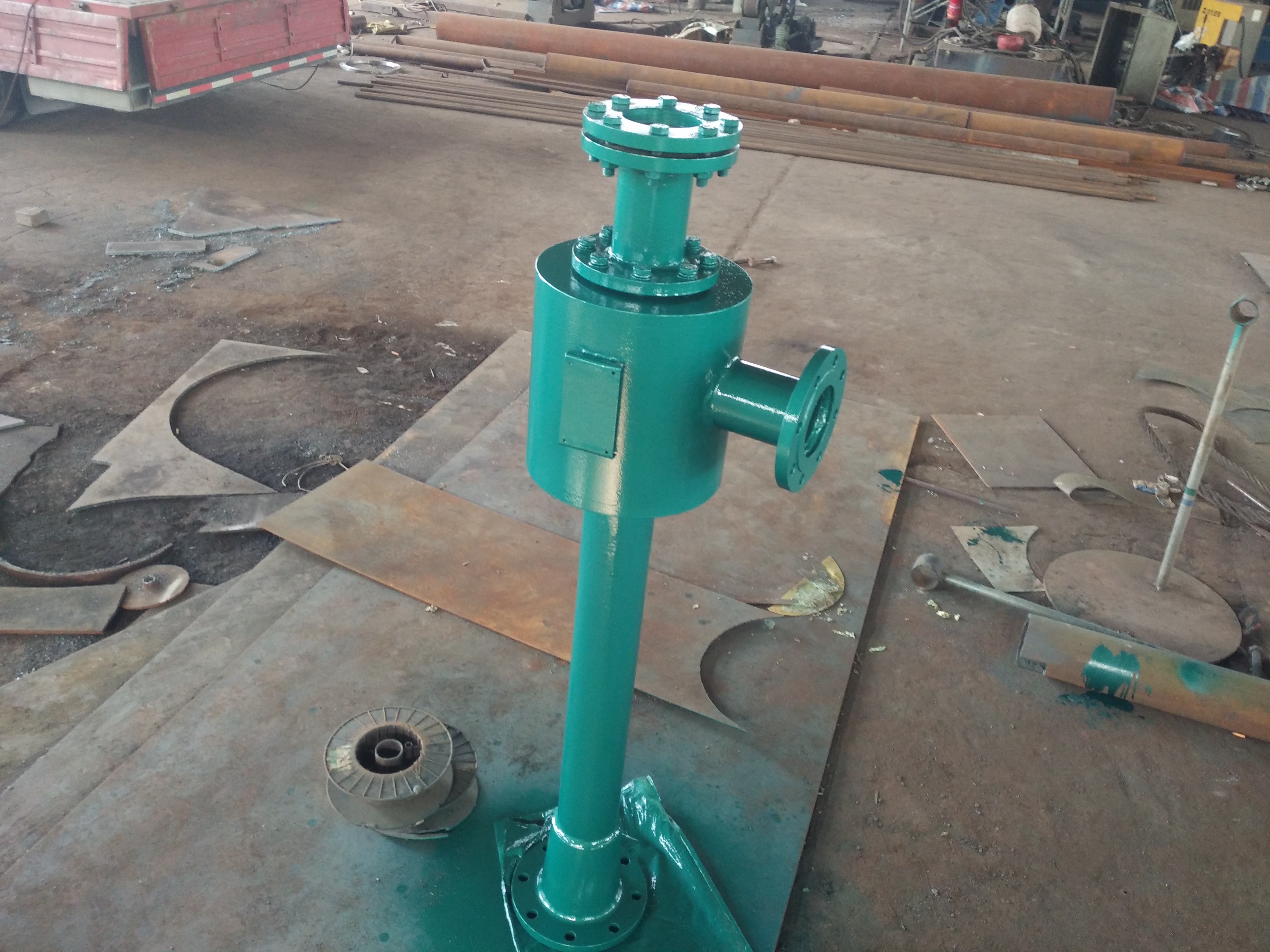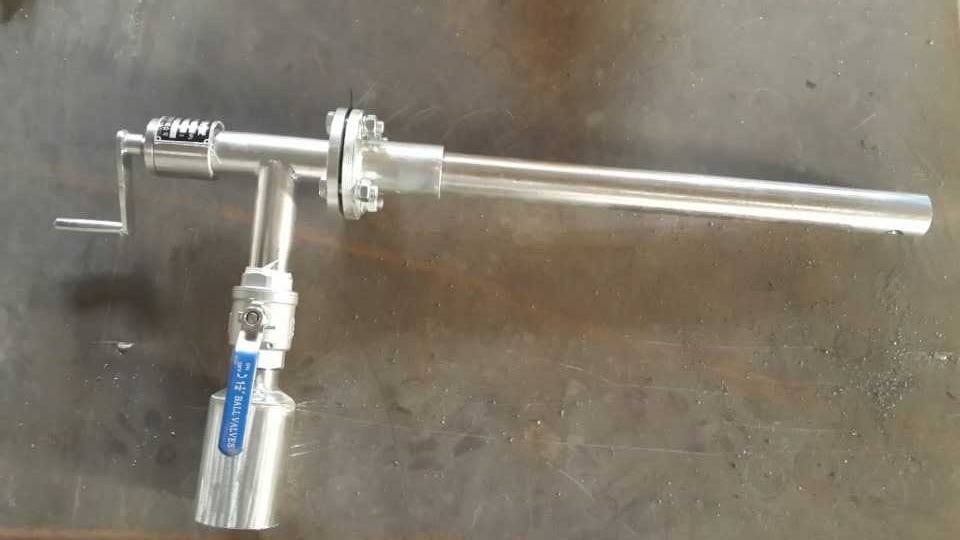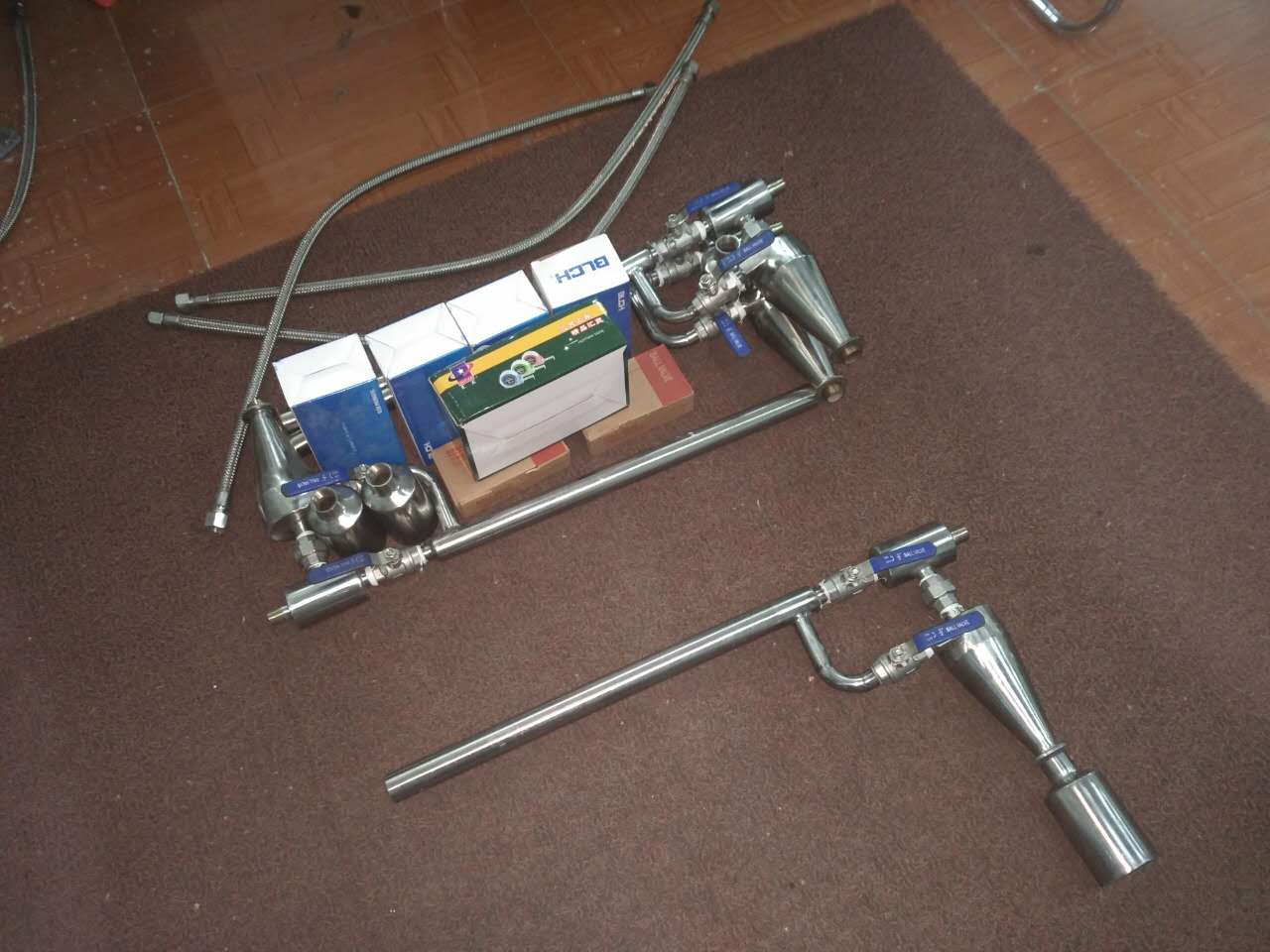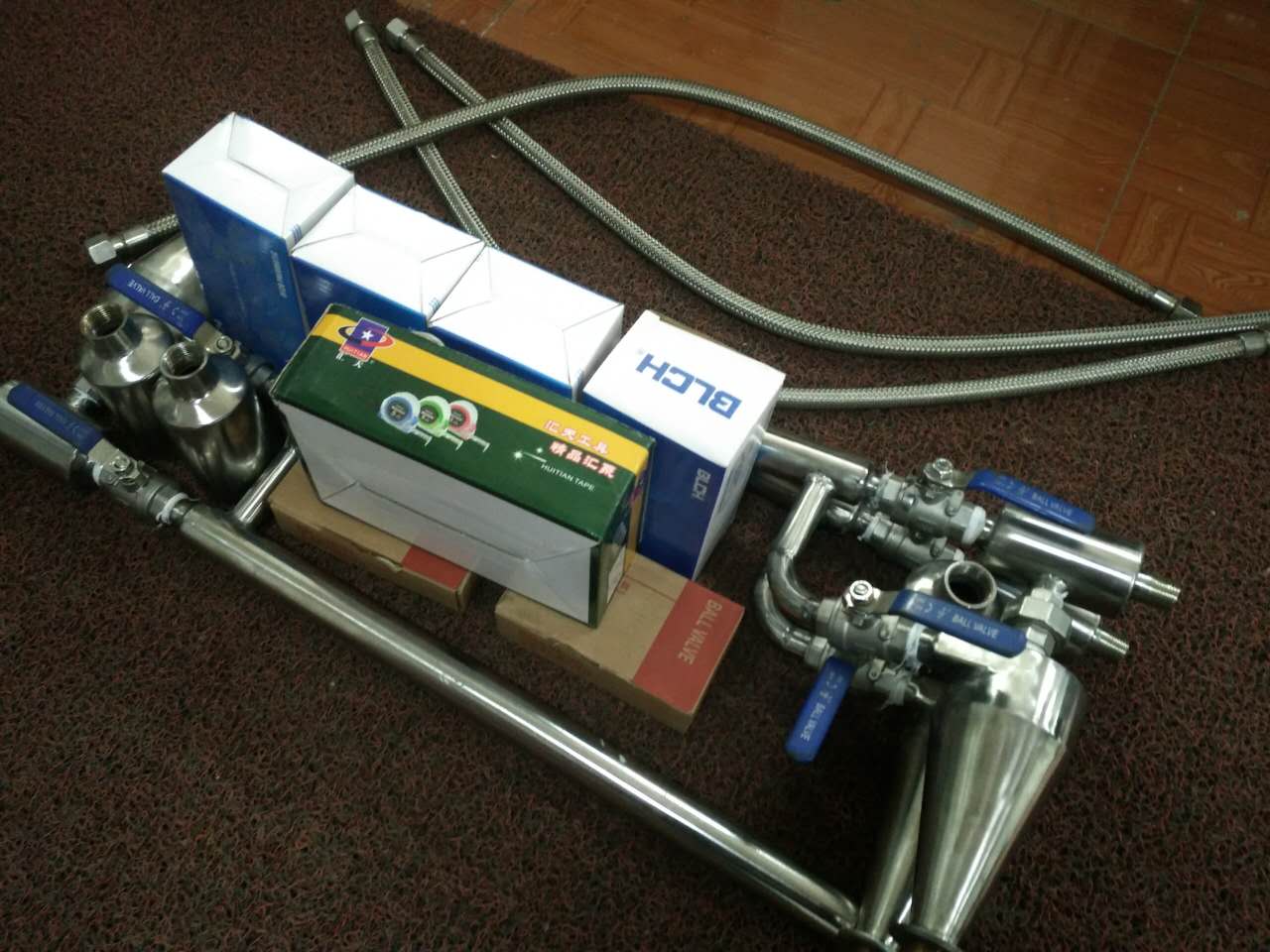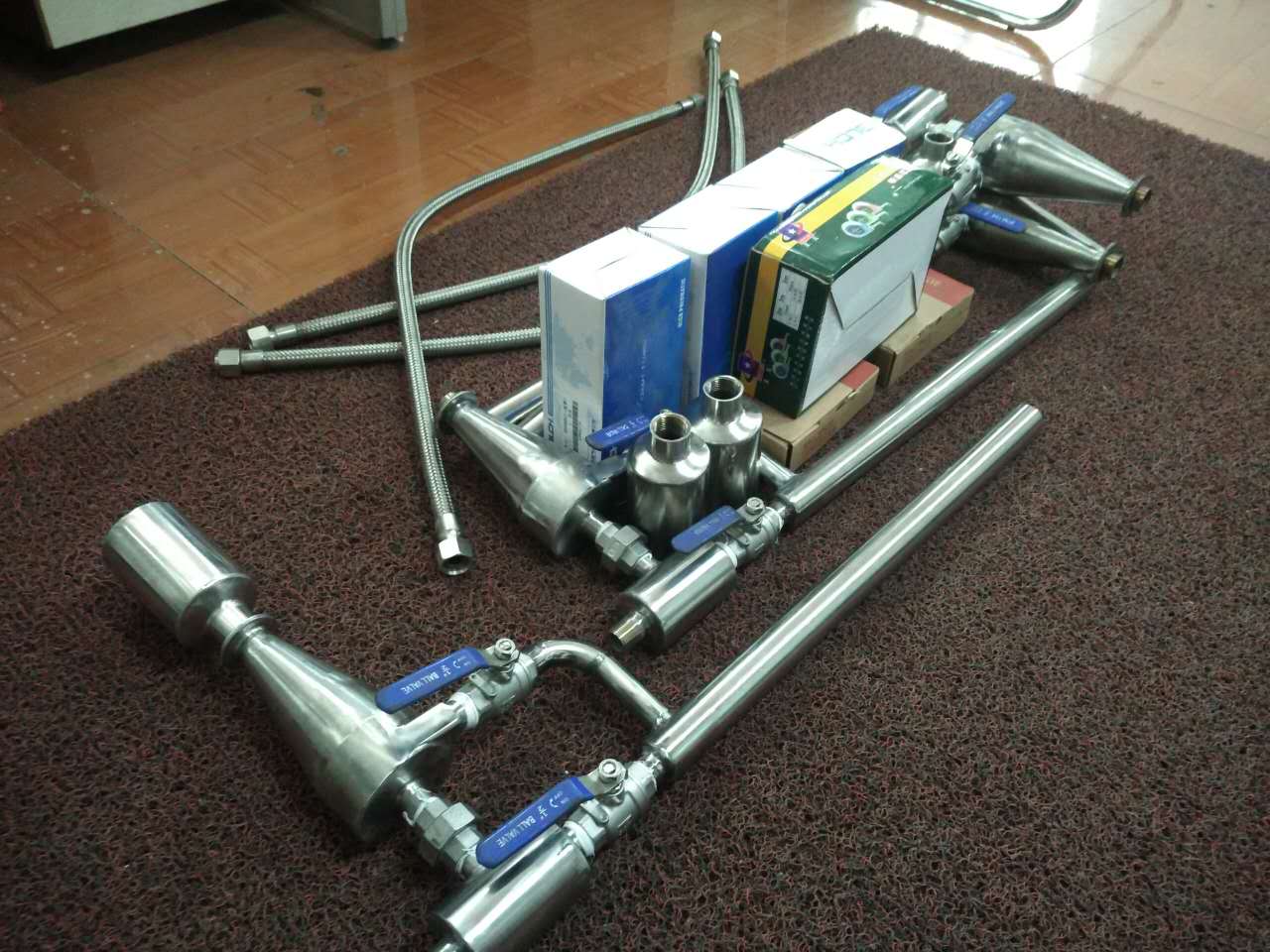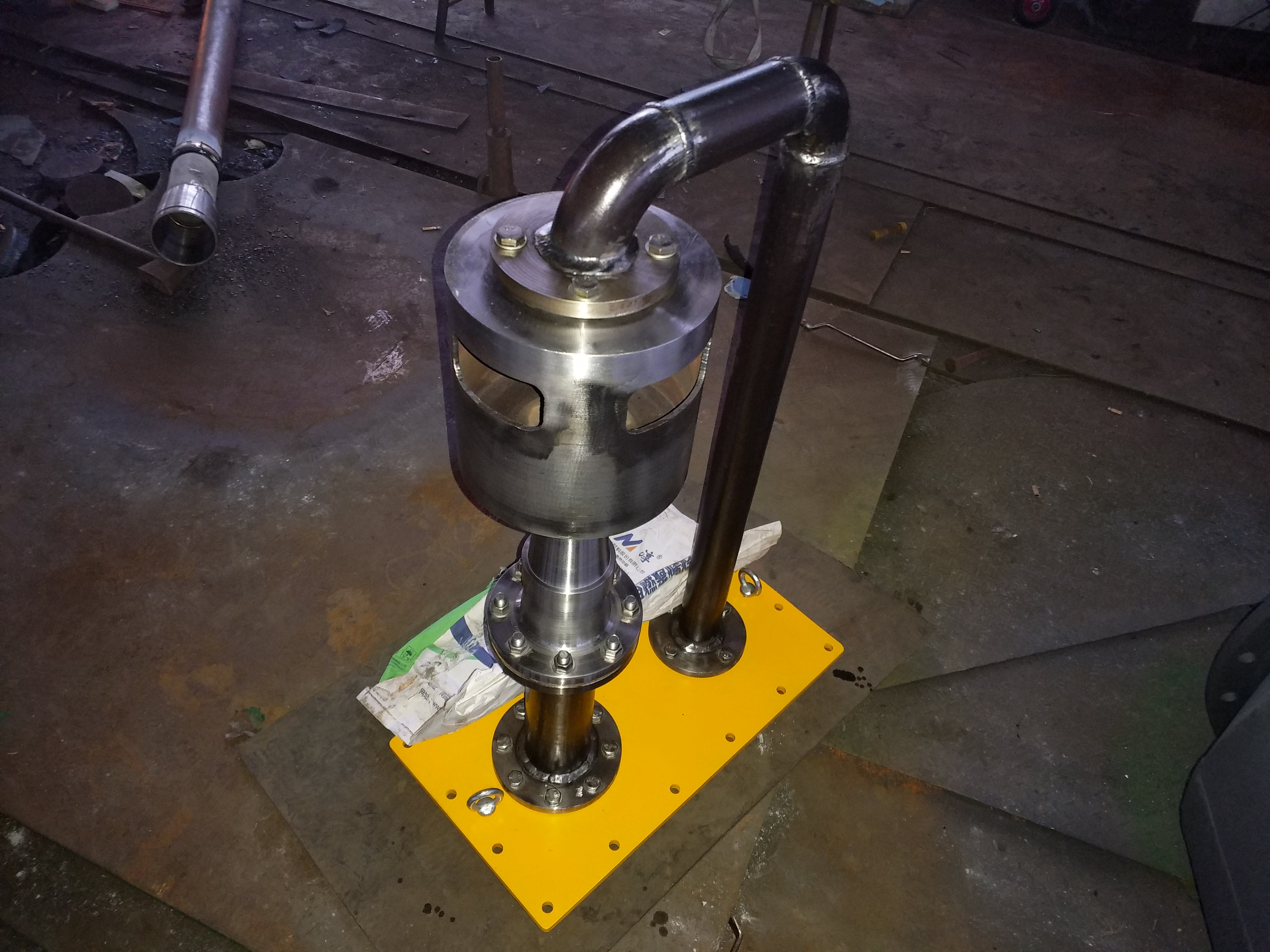Introduction to dosing device:
The purpose of the dosing device is that the dosing system is a complete set of equipment that includes dosing, stirring, liquid conveying, and automatic control. It is used in the raw water of power plants, boiler feedwater, oilfield surface collection and dehydration treatment systems, various dosing systems in petrochemical industry, and wastewater treatment systems. Such as adding coagulants, phosphates, ammonia solution, lime water, corrosion inhibitors, scale inhibitors, bactericidal and algal agents, etc.
The automatic dosing system developed and produced by the dosing device is mainly used for boiler feedwater, circulating water, hydrazine addition, phosphate treatment in power plants, and can also be used in industries such as petroleum, chemical, environmental protection, and water supply systems. The unit combination dosing device mainly consists of a solution tank, metering pump, filter, safety valve, check valve, pressure gauge, buffer tank, liquid level gauge, control cabinet, etc., which are integrated and installed on a base. Users only need to place the combined dosing device in the dosing room, connect the water inlet and outlet, and connect them to the power to start and put them into operation. This factory integrated device can greatly reduce the workload of design and on-site construction, providing reliable protection for the overall system, safety, and on-site operation
Dosing device category:
Dosing device, also known as dosing system or dosing equipment.
The dosing device is a complete set of devices that inject chemical solutions into various systems according to the process flow. This device can be divided into three categories according to its usage.
1. Oilfield dosing device. Mainly used for injecting various chemicals such as flocculants, scale inhibitors, corrosion inhibitors, and demulsifiers into wellheads and other systems on oil extraction platforms.
2. Boiler dosing device. It can be used for adding ammonia and hydrazine to boiler feedwater, adding ammonia and hydrazine to condensate, adding ammonia and hydrazine for shutdown protection, and adding phosphate to steam boilers. It is mainly used in power plants and power stations.
3. Water treatment dosing device. In the water treatment process - adding chemicals to tap water, wastewater, and sewage. Mainly used for processes related to water supply and drainage treatment, environmental protection, etc. Such as water plants, hotels, restaurants, swimming pools, sewage treatment plants, etc.
Dosing device applicable --:
Boiler injection of chemical solution is mainly used in situations where boilers are used in thermal power plants, chemical industry, metallurgy, ships, and centralized heating.
Used for pre-treatment and dosing of tap water, mainly used in urban water plants, large-scale enterprise owned water plants, textile printing and dyeing, steel, papermaking and other industries.
The dosage of environmental protection - wastewater and sewage treatment - is mainly used for the treatment of wastewater and sewage in cities, industrial and mining enterprises, large hotels, and restaurants.
The main applications of the dosing device are:
1. Dosing inside the power plant furnace: ammonia addition to feedwater, hydrazine addition, phosphate addition to boiler water, coordinated control of phosphate addition to boiler water, ammonia addition to condensate water, etc.
2. Chemical addition outside the power plant: adding flocculants to the raw water, adding coagulants to the raw water, adding stabilizers (corrosion inhibitors) to the circulating water, adding scale inhibitors to the circulating water, adding bactericides to the circulating water, adding ammonia to the start-up boiler room, adding phosphate to the start-up boiler room, and coating the condenser with ferrous sulfate.
3. Water treatment dosing: adding flocculants, coagulants, defoamers, etc. to wastewater.
Type and equipment structure of dosing device -
There are several types of automatic control devices for furnace water R value, including dual pump single control combination, triple pump dual control combination, and combination type. The structure of each type is somewhat different, as explained below.
1. Dual pump single control combination automatic dosing device This device consists of one metering box, two metering pumps, a set of variable frequency automatic dosing control system, connecting pipelines, valves, bases, etc. The volume of the measuring box is 1m ³, Equipped with agitator, remote liquid level gauge, liquid level high and low limit alarm, etc. The material of the tank body includes carbon steel, stainless steel, and lined rubber. The tank body is used for different medicinal liquids.
When ordering a complete set of chemical dosing devices (ammonia and phosphate) outside the furnace, the user must specify the following parameters of the metering pump:
Flow rate (L/h), pump outlet pressure (Mpa), pipeline material, etc.
2. Three pump dual control combination automatic dosing device
The complete set of chemical dosing devices (ammonia and phosphate) outside the furnace consists of two metering boxes, three metering pumps, three sets of variable frequency automatic dosing control systems, connecting pipelines, valves, bases, etc. Three metering pumps -, pump 3 is the backup pump for pump 1 and pump 2. When in operation, pump 1 and pump 2 are respectively driven by two sets of variable frequency automatic dosing control systems, allowing the pump to work in four ways. The switch on the control cabinet can put the backup pump into operation.
3. Automatic control device for R value of combined boiler water
This device is an automatic dosing device used for coordinated phosphate treatment of boiler water (controlling the R value of boiler water). The device consists of three measuring boxes, three measuring pumps, a set of alternating current frequency R-value automatic control system, connecting pipelines, valves, bases, etc.
Dosing device functions -:
Taking system design as the main body, overcoming the shortcomings of system differences in transmission production where single equipment or components are the main design body;
Learn from the advanced technology of internal and external dosing, and adopt a comprehensive design concept to make the process more efficient;
Production structure modular design, integrated combination, can easily expand capabilities and functions;
Flexible configuration schemes can be developed according to different water quality and user requirements;
-Equipment and components of different types, materials, and grades, both inside and outside, can be freely selected by users;
Choose between manual, automatic, and other control methods to meet different control requirements.
Working principle of dosing device:
The dosing device mainly consists of a solution tank, agitator, metering pump, liquid level gauge, electric control cabinet, pipeline, valve, safety valve, back pressure valve, check valve, pulsation damper, pressure gauge, Y-shaped filter, etc.
The dosing device is configured in the mixing box according to the required drug concentration. After being stirred evenly by the mixer, it is put into the solution box and transported to the designated system by a metering pump. The complete dosing device is compact, safe and simple, and easy to operate and use. The dosing device can also be designed and configured with targeted components according to the requirements of different process flows of users, and has functions such as automatic remote control.
Precautions for selecting dosing devices:
1. When users choose a dosing device, the selection specifications (including metering pump parameters, solution tank volume, etc.) are determined based on the required amount of solution to be added to the system. Then, the dosing method is determined based on the dosing situation (usually using a "standby" method).
2. Select the materials of each component of the dosing device (stainless steel, carbon steel, non-metallic materials), the model of the metering pump (diaphragm pump, plunger pump), or provide our company with the parameters of the added agent (name, concentration, temperature, degree, viscosity, corrosion, etc.) as needed.
3. Dosing system - mainly: ① centralized design, small footprint, simple structure, and stable performance; ② Accurate measurement, convenient adjustment, economical, and easy installation and maintenance; ③ The pump is installed in a suction type, which is not easy to block, and has a long running time due to faults and low operating costs; ④- Corrosion - energy - and prolonged use. ⑤ Material of solution box: PE, fiberglass, carbon steel lining rubber, 304 stainless steel, 316 stainless steel; ⑥ Mixer material; 304 stainless steel, 316 stainless steel; ⑦ Materials for the overcurrent part of the metering pump: PP, PVC, PVDE, SS316;
Introduction to dosing device:
The complete set of chemical dosing equipment (ammonia and phosphate) outside the furnace is mainly equipped with a metering pump. The dissolution tank, agitator, liquid level gauge, safety valve, check valve, pressure gauge, filter, buffer, pipeline, valve, base, escalator, automatic monitoring system, power control system, etc. are assembled on a common platform according to the process flow requirements to form a module, The so-called pry mounted combination unit (referred to as "pry body"). Put a quantitative amount of medication into the stirring solution box as needed for stirring and dissolution. After dissolution, it is sent to the dosing process through a metering pump. The dosage can be freely adjusted to meet different dosing requirements.
The complete set of chemical dosing devices (ammonia and phosphate) outside the furnace adopts an electromechanical structure, which can be divided into fixed and mobile (vehicle type) in terms of installation. Each type of dosing device is equipped with a stirring system, dosing system, and automatic control system. Several fixed prying devices can be combined into a whole, and with the addition of a frequency conversion control system, they can be locally controlled, remotely automatically controlled, and switched between manual and automatic dosing. The auxiliary dosing device has the advantages of compact structure, small volume, low noise, stable operation, simple installation, and convenient operation and use.
The complete set of chemical dosing devices (ammonia and phosphate) outside the furnace are designed through different processes to accurately prepare various solid and liquid chemical solutions, and then accurately added with a metering pump to meet various design requirements. Such as descaling, deoxygenation, coagulation, acid addition, alkali addition, etc.
The dosing process can be manually operated, or various electrical appliances and instruments such as PC, magnetic flap level gauge, pH meter, stroke controller, frequency converter, etc. can be used to make the dosing device an electromechanical production and automatic control.
The dosage and pressure of the complete set of chemical dosing devices (ammonia and phosphate) outside the furnace can be determined by selecting appropriate metering pumps according to the needs of industrial processes. Suitable production can be selected from a flow rate of 1L/h to 8000L/h, and a pressure range of 0.1MPa to 25MPa,
The metering degree of the metering pump can reach up to ± 1%, and it can transport multiple media simultaneously, with single adjustment.
The volume of the dosing device solution tank can be reduced from 0.1m3 to 20m3, and can be selected according to the dosage. Depending on the conveying medium, there are various materials to choose from, such as carbon steel (carbon steel lining rubber), stainless steel, non-metallic materials (PE, PVC, PP, PTFE), etc.
Dosing device - can describe:
The complete set of equipment mainly includes feeding system, storage tank, dosing system, power control system, etc.
The dissolution bucket is equipped with facilities such as a liquid level gauge, low liquid level alarm, valves, etc. required for automatic operation. A magnetic flap level gauge is installed on the outer wall of the entire body to observe the liquid level inside the barrel. There is a feeding port and a backup port on the upper part of the body, and a discharge port, discharge port, overflow port, level gauge interface, and corresponding matching valves are provided on the side of the barrel. When the liquid level in the bucket is lower than the set low liquid level value, the alarm system will be automatically activated and the dosing pump will pause.
Dosing system - including centrifugal pumps, electromagnetic flow meters, and related valves.
Dosing device - see form:
Chemical water replenishment and ammonia addition system for condensate water-
Ammonia dosing system - capable of fully automatic control; In addition to manual preparation, the preparation of ammonia solution can also be automatically controlled. When the liquid level in the solution tank is below the set value, the inlet valve of the solution tank will automatically open and close until the high liquid level is reached. In addition to manual control, the control of ammonia dosage can also be automatic. After PID calculation by the PLC program control system, the ammonia dosage of the ammonia metering pump is controlled by the frequency converter to achieve the goal of fully automatic dosing.
Phosphorus and salt blending system for boiler water-
The preparation of phosphate solution involves directly adding trisodium phosphate to the solution tank at the dosing point, starting the stirring machine for dissolution, and controlling the amount of phosphate added in addition to manual control, which can also be fully automatic. After PID calculation by the PLC program control system, the amount of phosphate metering pump is controlled by the frequency converter to achieve automatic dosing.
Application scope of dosing device:
Boiler water treatment system, circulating cooling system, central air conditioning circulating water system, raw water pretreatment and wastewater treatment system in the thermal power generation industry;
Boiler water treatment systems, circulating cooling systems, chemical additive dosing systems, wastewater treatment and consumption systems in industries such as petroleum and chemical industry, and medical and electronic industries;
Municipal water supply, swimming pools, water plants, sewage treatment, and consumption of building and domestic water;
Consumption of industrial circulating water and industrial wastewater treatment;
Liquid addition systems in other related industries.
Precautions for selecting dosing devices:
1. When users choose a dosing device, the selection specifications (including metering pump parameters, mixing tank volume, solution tank volume, and on-site conditions) are determined based on the required amount of solution to be added. Then, the dosing method is determined based on the dosing situation (usually using "on standby" or "on standby" methods);
2. Select the materials (stainless steel, carbon steel, non-metallic materials), metering pump model (diaphragm pump, plunger pump), or parameters (name, concentration, temperature, degree, viscosity, corrosion, etc.) for each component of the auxiliary dosing device as needed;
3. Ordering system - for several boxes and pumps;
4. Is the metering pump a plunger pump or a diaphragm pump;
5. Measuring pump flow and pressure;
6. Is the system manually controlled or automatically controlled;
7. Other special requirements for dosing devices.
The complete set of chemical dosing devices outside the furnace (ammonia and phosphate) - special specifications can be arranged according to user needs for separate design schemes! Interested parties contact us!
| 装置名称 | 组合类型 | 溶药箱
体积m3 | 计量泵
种类 | 计量泵
流量(L/h) | 计量泵
压力(Mpa) | 加药
方式 |
| 联胺除氧加药装置 | 二罐二泵
二罐三泵 | 1.0
1.5
2.0 | 柱塞式
机械隔膜式
液压隔膜式 | 30-200 | 1.6-24 | 手动
自动 |
| 调节PH值加氨装置 | 二罐二泵
二罐三泵 | 1.0
1.5
2.0 | 柱塞式
机械隔膜式
液压隔膜式 | 30-200 | 1.6-24 | 手动
自动 |
| 遥酸盐加药装置 | 二罐二泵
二罐三泵 | 1.0
1.5
2.0 | 柱塞式
机械隔膜式
液压隔膜式 | 30-200 | 1.6-24 | 手动
自动 |
| 凝聚剂(助凝剂)加药装置 | 二罐二泵
二罐三泵 | 1.0,1.5
2.0,3.0 | 柱塞式
机械隔膜式
液压隔膜式 | 40-330 | 0.6-1.4 | 手动
自动 |
| 缓蚀剂(阻垢剂)加药装置 | 二罐二泵
二罐三泵 | 1.0,1.5
2.0,3.0 | 柱塞式
机械隔膜式
液压隔膜式 | 40-330 | 0.6-1.4 | 手动
自动 |
| 调节PH值加酸(加碱)装置 | 二罐二泵
二罐三泵 | 1.0,1.5
2.0,3.0 | 柱塞式
机械隔膜式
液压隔膜式 | 40-330 | 0.6-1.4 | 手动
自动 |
| 硫酸亚铁镀膜加药装置 | -罐-泵
二罐二泵 | 1.0,1.5
2.0,3.0 | 离心式
转子泵 | 0.8-31
m3/h | 0.4左右 | 自动
|
